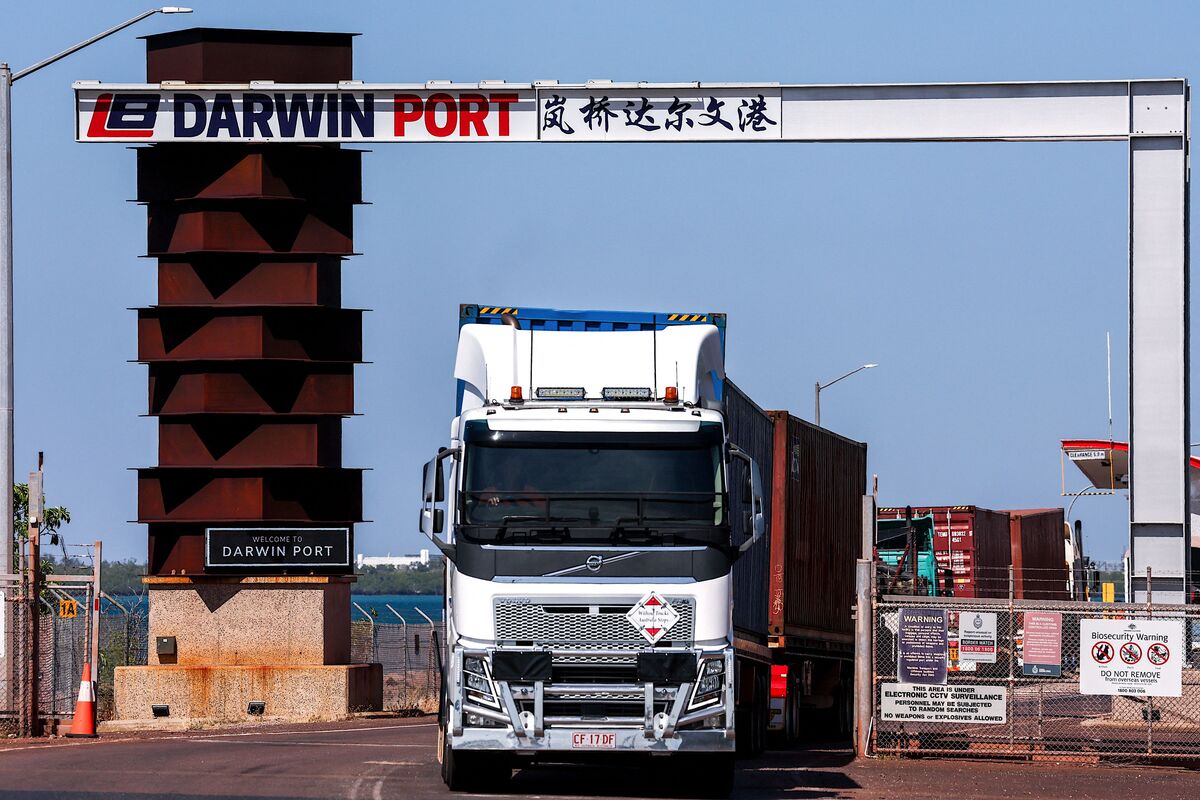China Australia relations : Beijing has criticized plans by both the Labor and Coalition parties to revoke a lease on Darwin Port currently held by a Chinese-owned company.
Both the government and the opposition have vowed to reclaim the port from its 99-year lease with Landbridge, regardless of the election outcome.
However, China’s foreign ministry has warned that politicizing the lease could harm the recently improved relations between Australia and China, following years of strained ties.
We call on Australia to ensure a fair, non-discriminatory, and stable business environment for Chinese companies investing and operating there, and to avoid overusing national security concerns or politicizing routine business activities, spokesperson Lin Jian said yesterday.
The Darwin Port was leased to Chinese company Landbridge in 2015 during the Turnbull Coalition government.
Opposition leader Peter Dutton has since acknowledged that the decision was a mistake.
Darwin Port Lease Sparks Tensions Between Australia and China
He promised to secure an Australian buyer for the port by the end of the year or, if necessary, to forcibly acquire it using taxpayer funds.
This is in the national interest. We’re living in uncertain times, and the government has had three years to address this matter—but they’ve failed to act,” he said.
Political Pressure Mounts as Australia Moves to Reclaim Chinese-Leased Port
Prime Minister Anthony Albanese stated last weekend that the government had been working “for some time” to return the port to Australian ownership.
He also criticised the 2015 lease, attributing it to the Abbott government’s 2014 asset recycling program, which encouraged states and territories to sell off key infrastructure.
That lease was a direct consequence of the asset recycling scheme introduc ed in the 2014 budget, which incentivised governments to offload our infrastructure assets,” he said.
Since the Albanese government came to power in May 2022, Australia’s relationship with China—its largest export market—has seen steady improvement.
This followed a sharp decline in Australia-China relations, after the former Coalition government called for an investigation into the origins of COVID-19 and raised concerns about foreign interference—moves that prompted the Chinese Communist government to impose trade sanctions on Australian industries.
These sanctions resulted in an estimated $20 billion loss in Australian exports.


Leave a Reply